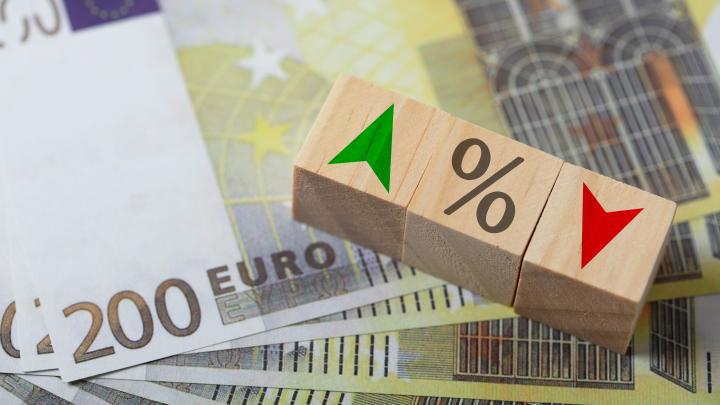Navigating Economic Tides: Interest Rates & Commercial Real Estate
W. P. Carey’s Head of European Investments discusses implications of last month’s rate cut and future ECB decisions on the real estate market
Last month, the European Central Bank (ECB) announced it would cut interest rates for the first time since 2019, bringing the deposit rate down to 3.75%. This decision came following Eurozone inflation declining from its 10.6% peak in 2022 to 2.5% in June. But what does this mean for the European commercial real estate market?

Inflation is cooling
The rate cut is an indicator that inflation is on track to reach the ECB’s target of 2%, which is its desired level for price stability. Investors are hopeful that more stability in the market will further narrow the bid-ask spread between buyers and sellers, helping boost transaction volume. The rate cut will also lower borrowing costs for some investors and encourage more bank lending, increasing liquidity in the market and encouraging those on the sidelines to start deploying capital into new and existing assets.
Still a muted impact
Despite the positive implications, most real estate professionals expect the impact of the cut will be muted. While it’s a first step in reducing borrowing costs, there is not a universal consensus as to how the ECB will view future rate decisions. In its July meeting, the ECB decided to keep rates stable.
A key issue remaining for the commercial real estate industry is the refinancing risk for maturing loans. While the cut will likely help some borrowers at the margin, it is not expected to have a significant impact on the pressures facing those needing to refinance.
Additionally, cutting rates too quickly may not be ideal for some European economies. If inflation climbs back up, the ECB may have to reverse course and increase rates again, causing further volatility in the market. It is also important to consider the divergence between the ECB and the U.S. Federal Reserve’s own decision to hold rates steady for now. This could impact the Euro-U.S. Dollar exchange rate, which feeds into inflation via the prices for imported goods and services.
Final thoughts
While the ECB’s decision has garnered a lot of attention, we believe the more important factor is long-term borrowing costs. Real estate investors typically do not borrow on a short-term basis, but rather on a 5- or 7-year fixed rate basis. In this context, SWAP rates often matter more than the ECB’s (short term) deposit rate.
As a result, we do not see this decision having a significant impact on the real estate investment market at this point in time. Investors should remain focused on their long-term strategy and direct their attention to factors within their control like quality underwriting, timely execution and capitalizing on opportunities when they arise.

Related Topics:
You May Also Like:

Looking into the Crystal Ball
2023 was undoubtedly a challenging year for the net lease sector. High inflation, rising interest rates and other economic uncertainty caused a notable decrease in overall transaction volume, sparking...
Expectations for MIPIM 2024
MIPIM, the world's largest real estate conference, will get underway in Cannes next month with over 20,000 delegates expected to attend. As in years past, many will be looking for the conference to...